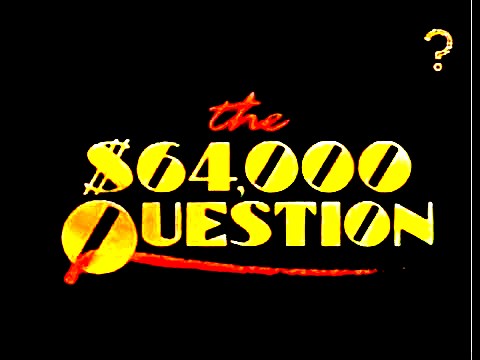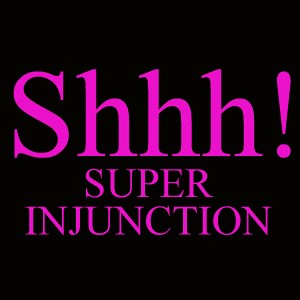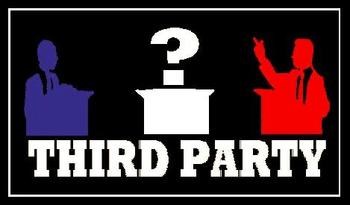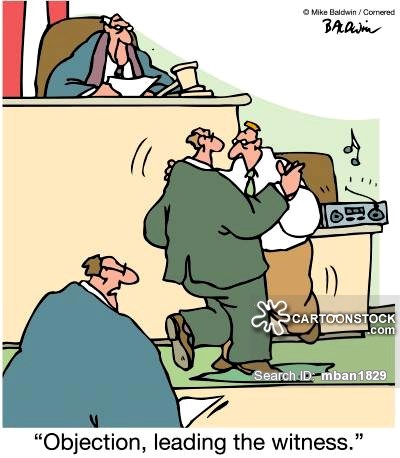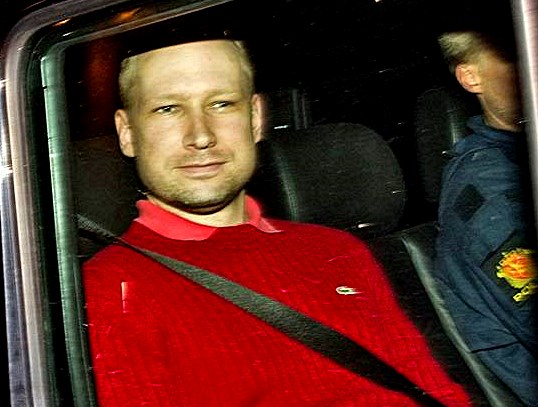Costs For Frivolous Action
The recent Ontario decision involving Smith Estate v Rotstein 2012 CarswellOnt 9064, provides a detailed examination of recent awards for court costs involving lengthy but frivolous action estate litigation fights.
Here a sibling engaged in lengthy and complex litigation alledging undue influence and lack of testamentary capacity when there was little or no evidence of same.
The trial Judge awarded her brother full indemnity for his legal expenses which totalled over $700,000 in fees and $30,000 in disbursements.
This award was upheld by the courts with the following excerpts:
“As the Court of Appeal made clear in its decision in McDougald Estate v. Gooderham,[2] two fundamental principles now govern the award of costs in estate litigation.
First, the starting point remains the general principles for determining the responsibility for costs applicable to all civil litigation, as expressed in Section 131 of theCourts of Justice Act, Rule 57 of theRules of Civil Procedure and, since January 1, 2010, the principle of proportionality articulated in Rule 1.04(1.1).
Second, public policy favours a departure from those general costs principles and the payment of the parties’ litigation costs by the estate in two circumstances:
(i) where reasonable grounds existed upon which to question the execution of the will or the testator’s capacity in making the will; or,
(ii) where the difficulties or ambiguities in the will that gave rise to the litigation were caused, in whole or part, by the testator.
In those two circumstances it is reasonable to look to the estate to bear the costs of resolving those questions because public policy requires courts only to give effect to valid wills that reflect the intention of competent testators.
[9] The discipline imposed on litigants by the “loser pays” principle in civil litigation was viewed by the Court of Appeal as appropriate in estate litigation:
The modern approach to awarding costs, at first instance, in estate litigation recognises the important role that courts play in ensuring that only valid wills executed by competent testators are propounded. It also recognises the need to restrict unwarranted litigation and protect estates from being depleted by litigation. Gone are the days when the costs of all parties are so routinely ordered payable out of the estate that people perceive there is nothing to be lost in pursuing estate litigation.[3]
[10] It is crucial to note that the two exceptions to the “loser pays” principle in estate litigation are not class exceptions – i.e. the exceptions do not apply to all will challenge cases or all will interpretation cases. On the contrary, as revealed by the four cases pointed to by the Court of Appeal in McDougald Estate as examples of the application of the modern approach to costs, responsibility for the costs of will interpretation or will validity litigation may well be placed on the shoulders of the individual litigants.[4] Only where the parties can demonstrate that reasonable grounds existed to question the execution of the will or the competency of the testator, or the presence of a reasonable dispute about the interpretation of a testamentary document, will the courts consider whether it is appropriate to award costs of the litigation from the estate, rather than apply the “loser pays” principle. The costs inquiry therefore will be specific to the facts and issues raised in each particular piece of estate litigation – no general class exceptions from the standard civil rules of costs exist for types of estate litigation.
Courts have awarded elevated, full indemnity costs when:
(i) one party was an innocent party to the proceeding and the court concluded that she should not experience any loss as a result of the conduct and actions of the defendant which resulted in the litigation;[14]
(ii) one party made baseless allegations of wrongdoing[15] or meritless claims of fraud, deceit, and dishonesty based on pure speculation against the other;[16] or,
(iii) it was clear shortly after the event in question that the plaintiff was blameless, but was required to proceed to trial because of disputes amongst the defendants about their share of liability.[17]
Ms. Rotstein persisted in a will challenge which, on the facts of this family’s history, really should never have been brought in the first place or, at least, should have been abandoned at a very early stage once Mr. Smith filed his evidence for the summary judgment motion. There was no justification, in law or in fact, for Ms. Rotstein to have taken her challenge through to the hearing of the summary judgment motion
– See more at: http://www.disinherited.com/blog/ontario-court-upholds-award-against-losing-party-over-700000-costs-frivilous-action#sthash.EgOqwOHU.dpuf



